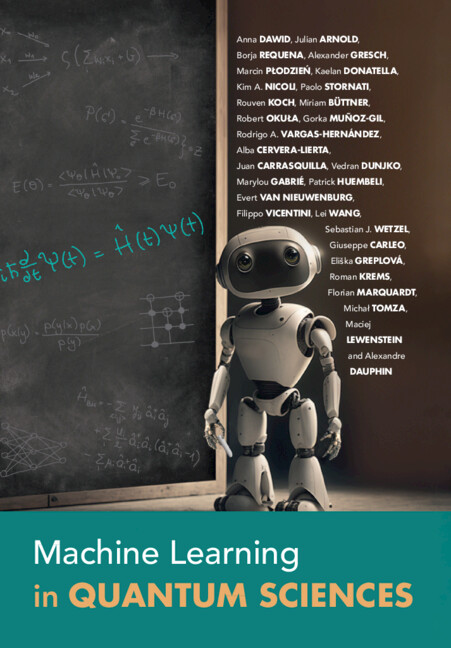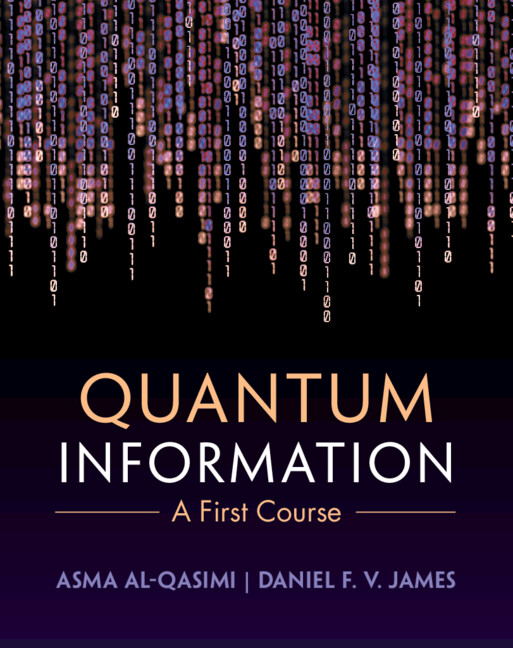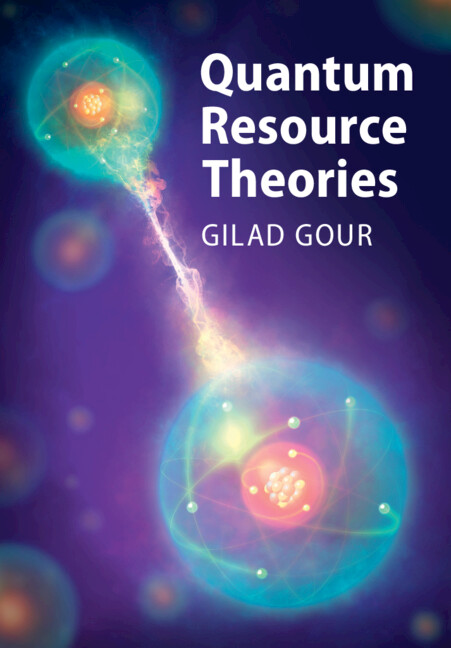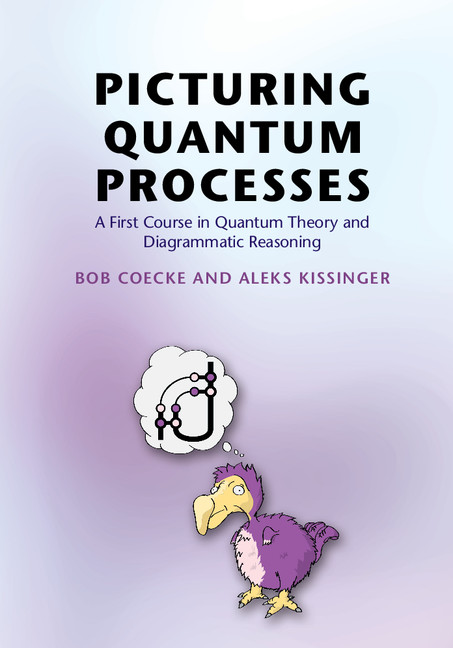Machine Learning in Quantum Sciences
Artificial intelligence is dramatically reshaping scientific research and is coming to play an essential role in scientific and technological development by enhancing and accelerating discovery across multiple fields. This book dives into the interplay between artificial intelligence and the quantum sciences; the outcome of a collaborative effort from world-leading experts. After presenting the key concepts and foundations of machine learning, a subfield of artificial intelligence, its applications in quantum chemistry and physics are presented in an accessible way, enabling readers to engage with emerging literature on machine learning in science. By examining its state-of-the-art applications, readers will discover how machine learning is being applied within their own field and appreciate its broader impact on science and technology. This book is accessible to undergraduates and more advanced readers from physics, chemistry, engineering, and computer science. Online resources include Jupyter notebooks to expand and develop upon key topics introduced in the book.
- Accessible to readers without prior knowledge of machine learning
- Readers will be equipped with the tools to engage with emerging literature
- Online resources include coding exercises in the form of Jupyter notebooks for self-study of key topics in the book
Reviews & endorsements
'The book gives a fantastic overview of an emerging research landscape where quantum sciences and machine learning meet. A good place to start for young researchers who want to help shape this exciting intersection.' Maria Schuld, Xanadu, Canada
'Imagine trying to learn quantum mechanics without knowing differential equations and linear algebra. A daunting task, since these are the mathematical languages behind the Schrödinger and Heisenberg pictures! Now imagine trying to do cutting-edge research in the quantum sciences without knowing artificial intelligence (AI) and machine learning (ML). Similarly daunting, since AI/ML is fast becoming the language of scientific discovery! This book will teach you the pillars of AI/ML through the lens of the quantum sciences, offering insights to novices and experts alike about how you can apply AI/ML in a scientifically rigorous way to various quantum systems.' Jesse Thaler, Massachusetts Institute of Technology, USA
'This book is a valuable contribution to the field, striking a thoughtful balance between being self-contained and providing a broad survey of the different research directions. For physics students new to machine learning, the book can serve as an excellent entry point as it covers the essential foundational concepts. Likewise, experienced physicists already incorporating machine learning into their research will benefit from its well-curated overview of this rapidly evolving field.' Miranda Cheng, University of Amsterdam, Netherlands and Academia Sinica, Taiwan
Product details
June 2025Hardback
9781009504935
330 pages
260 × 185 × 23 mm
0.81kg
Not yet published - available from September 2025
Table of Contents
- Preface
- Acknowledgments
- List of acronyms
- Nomenclature
- 1. Introduction
- 2. Basics of machine learning
- 3. Phase classification
- 4. Gaussian processes and other kernel methods
- 5. Neural-network quantum states
- 6. Reinforcement learning
- 7. Deep learning for quantum sciences-selected topics
- 8. Physics for deep learning
- 9. Conclusion and outlook
- A. Mathematical details on principal component analysis
- B. Derivation of the kernel trick
- C. Choosing the kernel matrix as the covariance matrix for a Gaussian process
- References
- Index.






